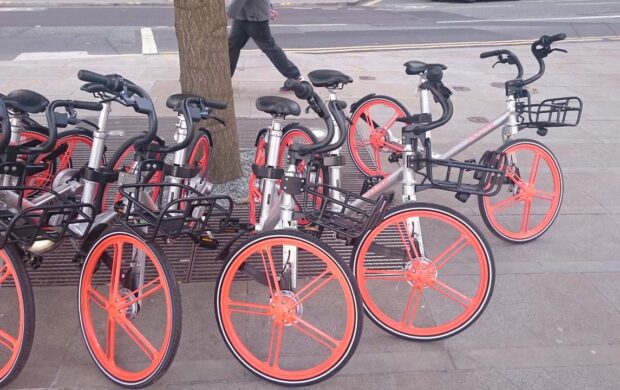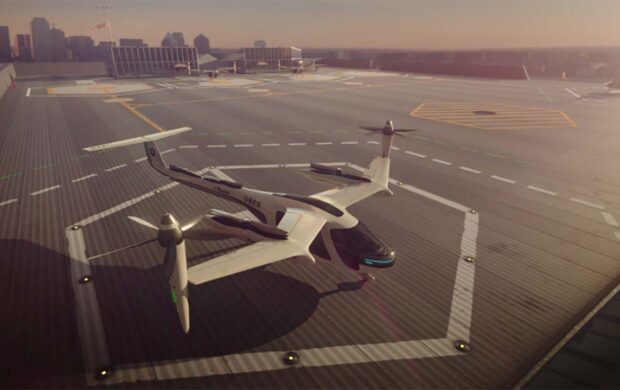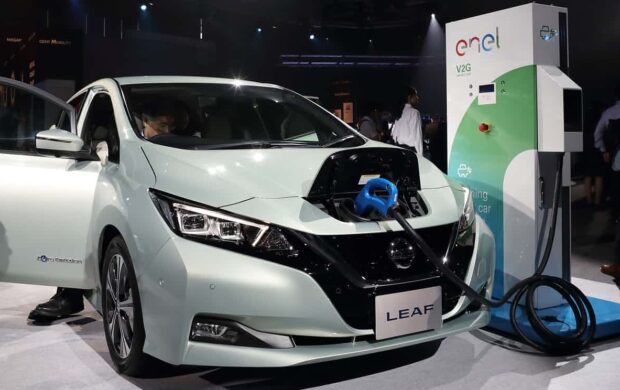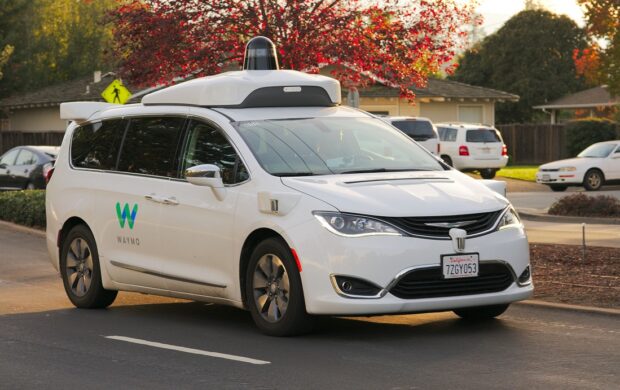The Organization for Economic Cooperation and Development (OECD) forecasts that fleets of self-driving vehicles could remove up to nine out of every ten vehicles on urban city streets. This is made based on models of Lisbon, Portugal, and is in accordance with other studies of New York, Ann Arbor, Michigan, and Singapore.
However, the scenario assumes that everyone rides in an autonomous vehicle and participates in ride sharing. If only half of a city’s population participates in ride sharing, total congestion could actually increase. Additionally, total emissions could increase as people use autonomous vehicles to facilitate longer commutes.
Autonomous vehicles are driving urban transit’s uncertain future – NOVA Next | PBS
Imagine if nine out of every ten cars suddenly disappeared from city streets. On-street parking would be eliminated entirely, giving way to restaurant seating, bike paths, and green space. Parking garages would all but disappear, making room for additional housing, retail, and office space.







